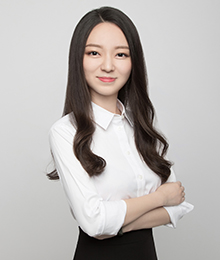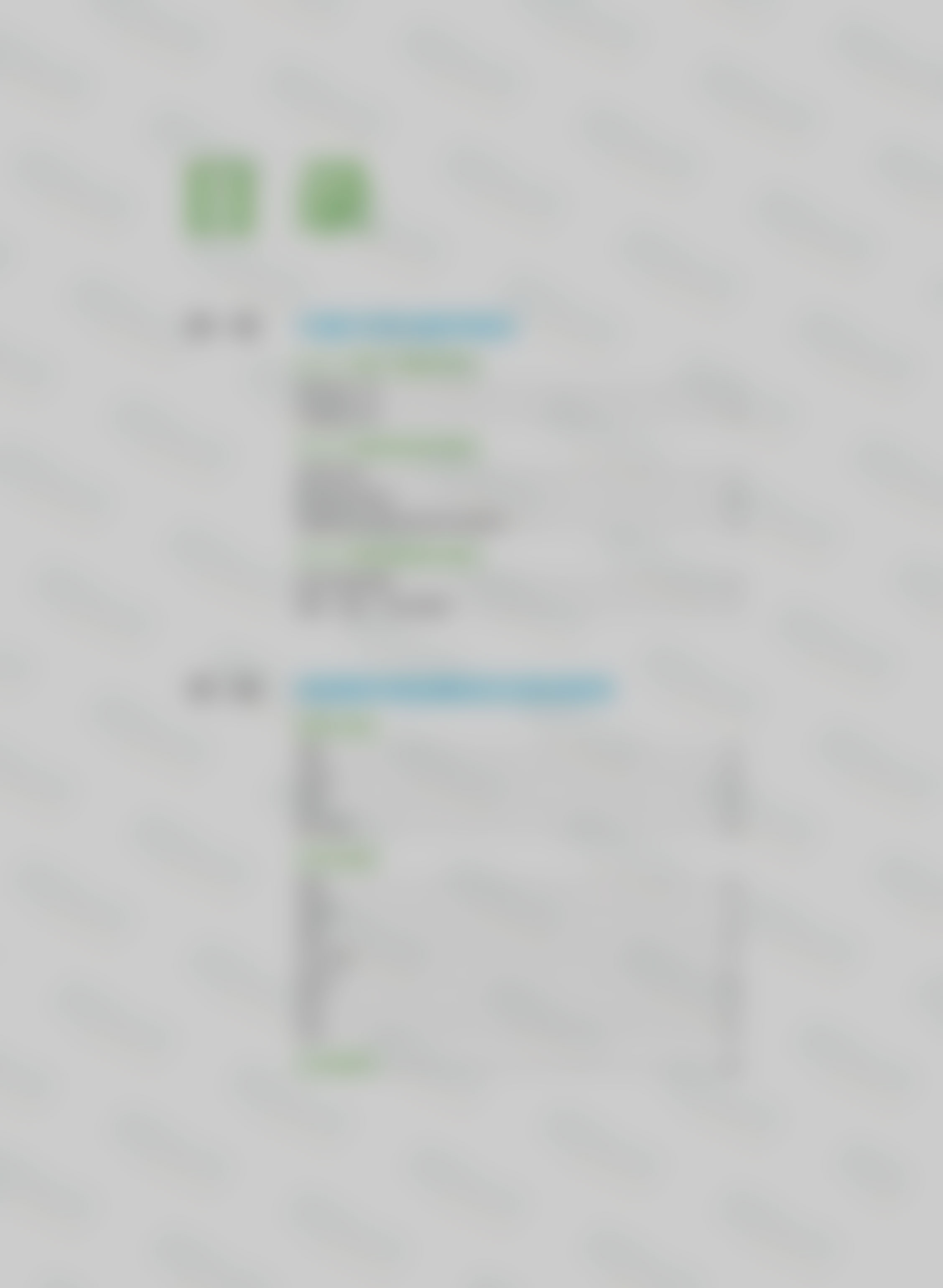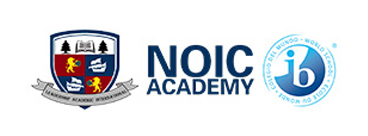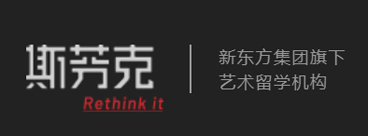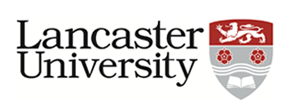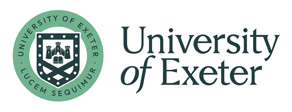牛津大学2020本科面试样题
最新牛津大学面试样题:
Subject: Earth Sciences
Interviewer: Professor David Pyle, Professor of EarthSciences, Geodesy, Tectonics, Volcanology and Related Hazards
Question: Present the candidate with a rock specimenand ask them to describe the rock and what they are seeing
Response:Quite a few of my colleagues may bring a rock specimen in with them for an'observe, describe and infer' style of question. The rock may well have someparticular feature - in the way it appears, or the materials it is made from -that the interviewer will start with. The questions will start along the linesof … here's a rock; spend a few moments looking at this sample, and handlingit. Can you tell me what you can see - I don't want to know what it is, I'dlike you to describe what the rock look like, or appears to be made of. Can yousee particles? or crystals? What does it look like to you? Use any sorts ofdescriptive words that you are familiar with. We make no assumptions at allabout whether the candidates have looked at rock before, or not.
The focus at the start is to make carefulobservations, keeping these separate from any pre-conceived or instantinterpretation that the candidate might want to jump to. These observationsform the evidence for how the rock may have formed; and, ultimately, for whatwe might call the rock.
We'll then pick up on the observations, and lead thequestions so that the discussion moves on to thinking out loud about whatphysical or chemical processes might have helped to create that particularfeature of the rock: why are the grains round? Did they start off that shape, orhave they been moved around? What sort of place on earth today can you think ofwhere you might find grains that look like this? Why do you think that the rockis red? What elements or compounds are you familiar with that have a redcolour? And so on. The way to approach these sorts of problems is to listen tothe questions, and to take your time thinking out loud as you work through thetask. This isn't a pop quiz, or an exercise in knowing stuff; it is an exercisein seeing how you can gather evidence objectively, and then to use thatinformation to build up some simple ideas about how the sample might have formed.
Subject: Politics, Philosophy and Economics
Interviewer: Dr Matthew Williams, Academic and CareerDevelopment Fellow, Jesus College
Question: Is war the opposite of politics?
Response: It is common for interview questions inpolitics to tacitly (or in this case explicitly) ask — what is politics? Thisis a tough question, but an important one for the discipline. Good responseswill break down the question, interpreting what is understood by ‘war’,‘politics’ and ‘opposite’. The interviewer will look for the candidate to offeran argument in response to the question, and explain how they have interpretedthe question.
In common usage, ‘politics’ can include ‘war’, not beopposed to it. So the ambition is to encourage students to think outside thebox, and imagine an interpretation of politics that could even be considered tobe positive and optimistic — politics as the avoidance of conflict. The bestresponses will notice that terms like ‘war’ can mean physical acts of violence,but could also include cyber warfare, or financial piracy. And, politics couldbe considered at the level of states and all the way down to the level offamilies. Hence the stark differentiation of war and politics may not be veryuseful to our understanding of these terms.
The further the interview goes, the more we will talkabstractly about the use of concepts. At root, the question asks about thevalidity of posing binary opposites to understand concepts like politics. Doesthis polarising use of language (x is the opposite of y) illuminate or obscurethe reality? This might be a question to end the interview on.
Subject: Psychology
Interviewer: Professor Nick Yeung, Professor ofCognitive Neuro-Science and Tutorial Fellow at University College
Question: What is the significance of the brain’s‘face area’, and it being stimulated when people see and recognise faces?
Response: Facial recognition is a skill that is veryuseful and we mostly take for granted. By asking this, we are looking for thecandidate to think critically about experimental design, and what we can learnfrom the results. For example, does the experiment have a clear hypothesis andpredictions? Is it well designed to test these? Are the methods usedappropriate? Does the experiment have necessary control conditions?
As well as thinking critically, we're also looking forthe candidate to think creatively, for example about how the experiment couldbe improved and what the results of such an experiment might tell us about howpeople think and how the brain works: What does it mean to"recognise" a face? What cognitive processes are involved? What mightbe special (or not special) about faces? Why might there be a brain areadevoted to face recognition?

